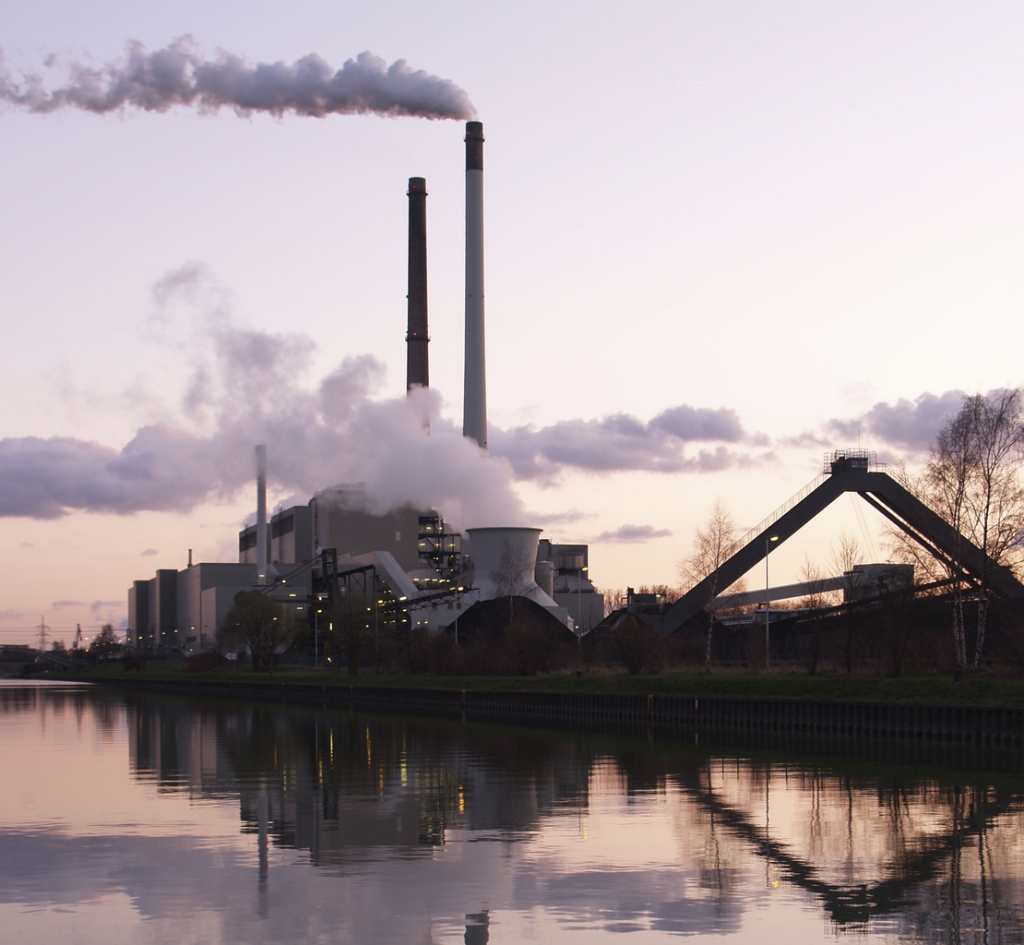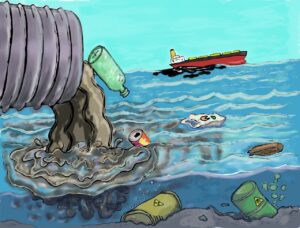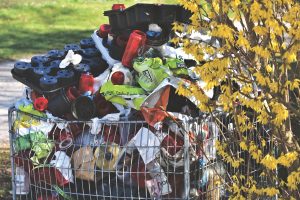Today I would like to write about an issue that is so wide that I decided to divide it in two parts: Emission Trading. As you might know (or not) there are some instruments that policy makers can use to reduce emissions of pollutant gases, especially impactful greenhouse gas emissions. Tradable emission permits are one of the few methods (there will follow blog entries about the other ones in the near future) that have been proven to be applicable and somewhat efficient also in the real world and not only in theory.
So what is emission trading exactly? Well, very synthesized one could say that it is some kind of a market based approach to control pollution by providing economic incentives for achieving reductions in the emission of pollutants. But as often, things are not that easy in practice. To understand better how such a framework can be used, I would like to explain it to you with one of the most successful examples in the world for emission trading: the European Union Trading System, or short the EU ETS.
In 2003 the european Parliament decided to create the worlds largest emission trading market where until now 11.000 of the biggest emission producing companies in 31 european countries participate. The system is based on the principle of who-wants-to-pollute-has-to-by-a-certificate-to-do-so. What means that? In practice that means that a company that pollutes the environment while producing goods or services, has to buy certificates to do so. One certificate allows to produce 1 ton of CO2 and costs today, Sunday April 26th, 6.45 € per ton of CO2.
You may think that it is super cheap, maybe to cheap! And yes, you are right. The European System has some strong restrictions tough: The low price of the emission permits reduces emissions not as much as expected; it handles only CO2 emissions, in the past there was some heavy illegal trading ecc. In fact, public and opinion on emission trading is not always positive.
Read more on part 2, where it gets a little bit more technical (but nonetheless amazing)!



